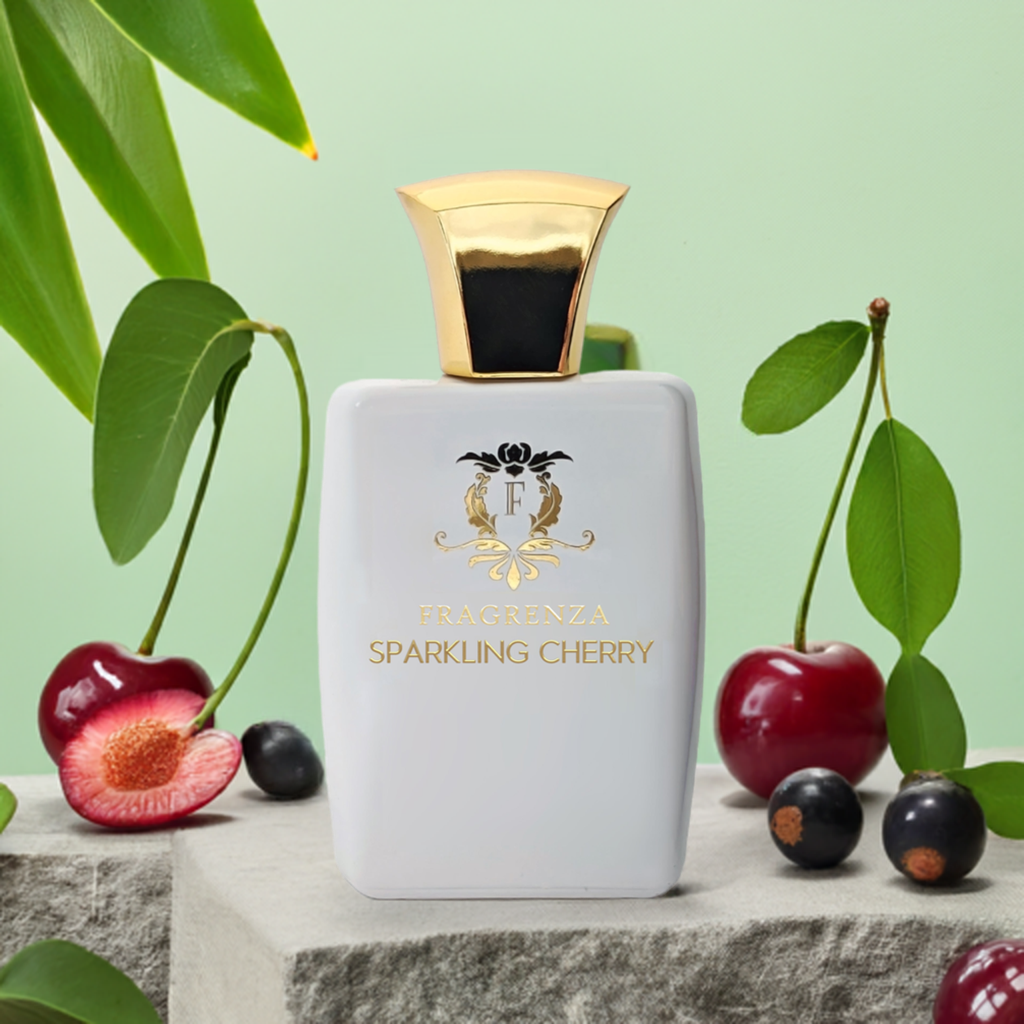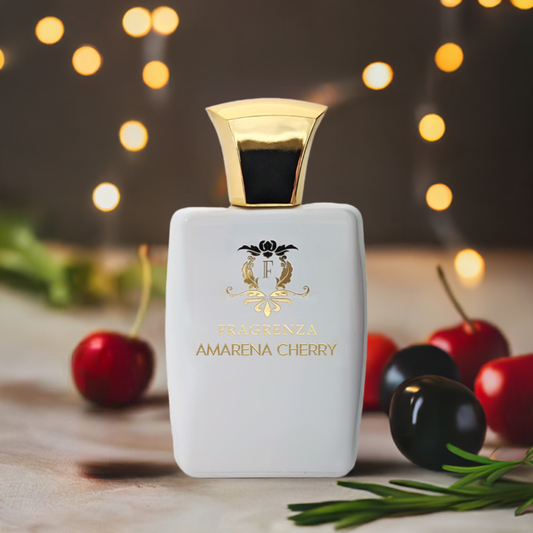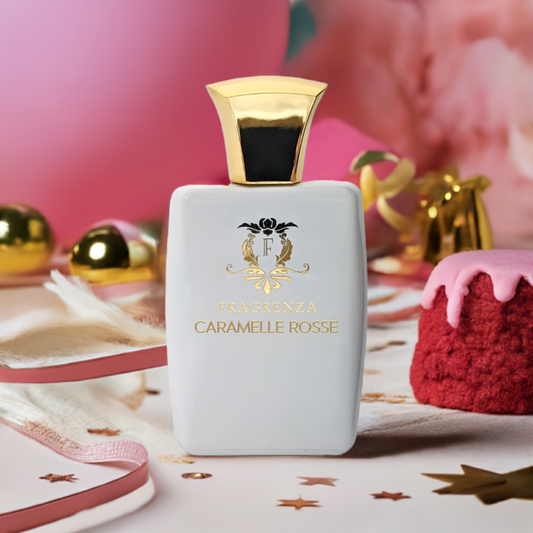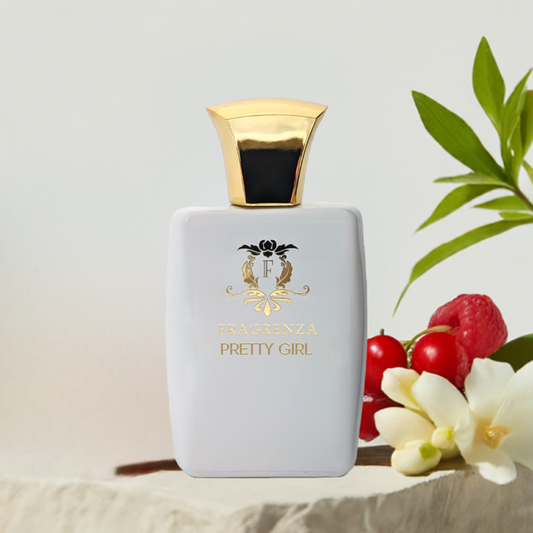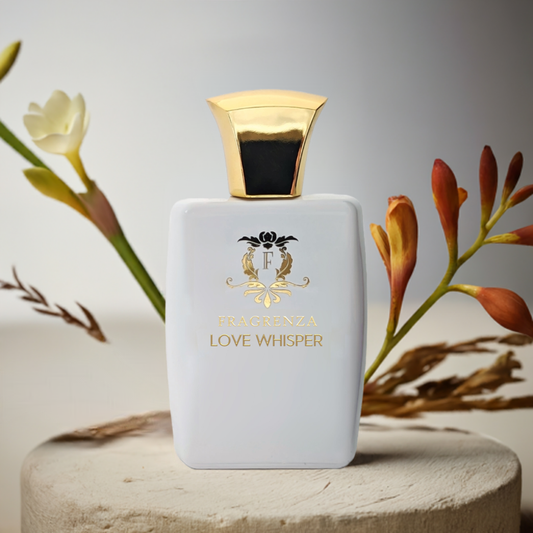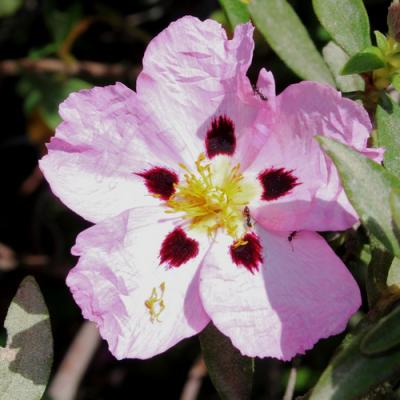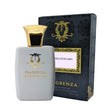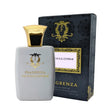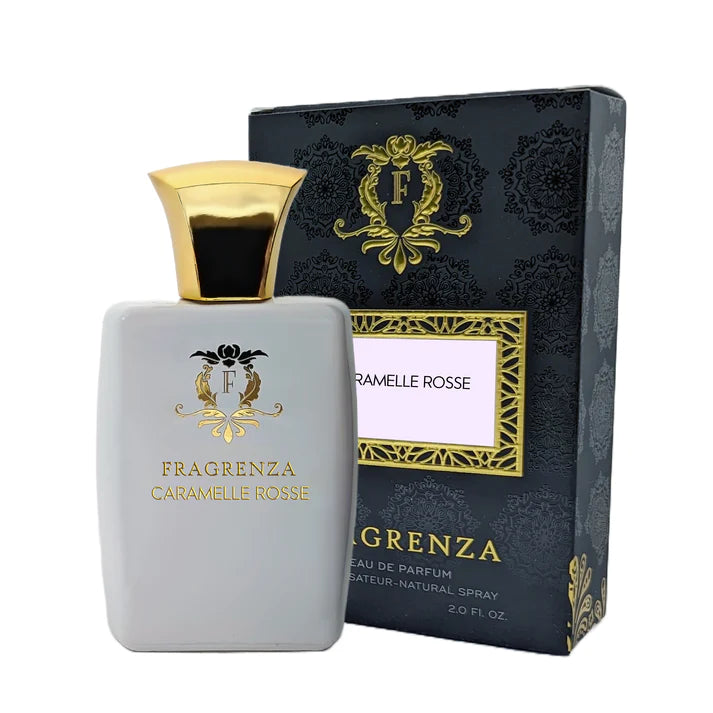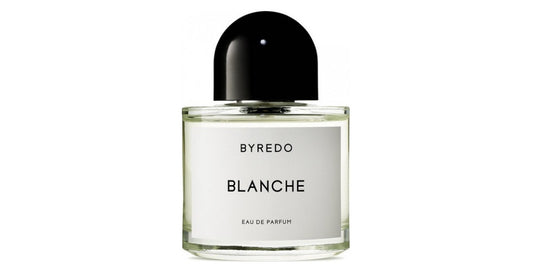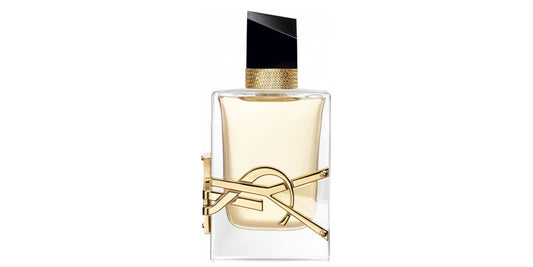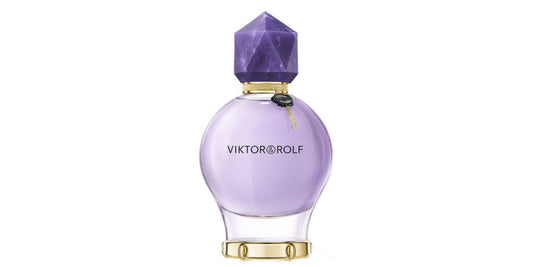Perfumes in Ancient Greece: A Sacred Essence
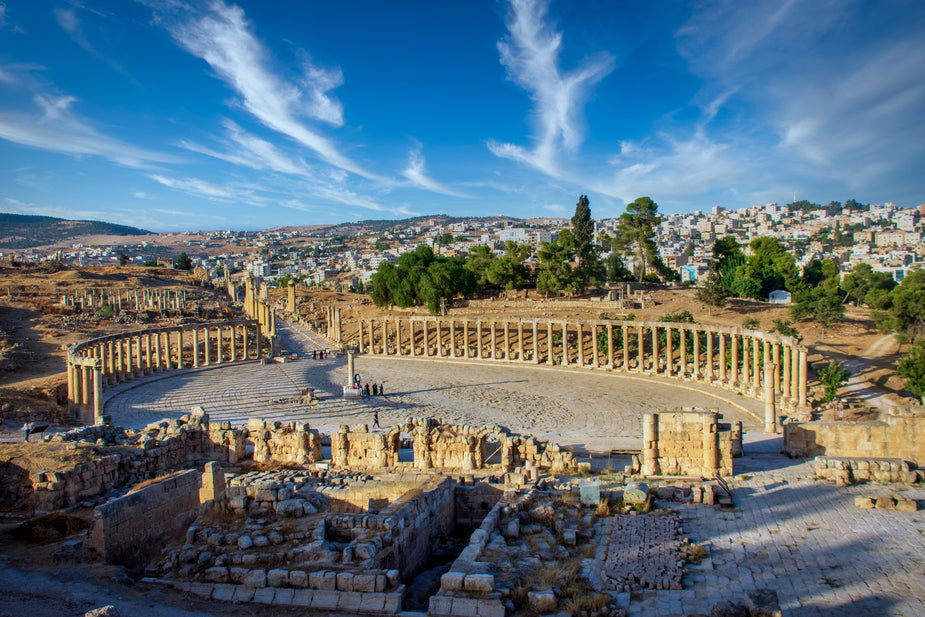
In This Article
When delving into the aromatic history of the world, ancient Greece emerges as a civilization that held perfumes in high esteem. Rather than just an adornment or a symbol of luxury, perfumes in ancient Greece bore deep spiritual significance and were intertwined with religious rituals and ceremonies.
Divine Fragrances
In ancient Greek culture, scents were believed to be a direct link between mortals and the gods. The very word ‘perfume’ is derived from the Latin 'per fumum', which translates to 'through smoke', indicative of the fragrant offerings made to deities. Temples across the city-states were frequently enveloped in aromatic smoke from incense and other fragrant substances, believed to appease and attract the favor of the gods.
The Role of Perfumes in Ceremonies
During religious festivals and ceremonies, priests and priestesses, as well as participants, would anoint themselves with specific fragrances. Each scent, sourced from botanicals like myrrh, frankincense, and various floral essences, carried distinct symbolic meanings and purposes. They were seen as purifying agents, cleansing both the body and the soul, preparing individuals for divine encounters.
Legacy Beyond the Temples
While the religious significance of perfumes was paramount, its influence permeated other aspects of Greek society too. Athletes, upon winning events in the Olympic Games, were often crowned with garlands drenched in fragrant oils. Celebratory banquets and feasts would be incomplete without guests being offered perfumed oils for anointing, emphasizing the integral role of fragrance in Greek daily life and celebrations.
Conclusion
The ancient Greeks' reverence for perfumes offers a fascinating glimpse into a culture where scent was much more than a sensory delight;it was a bridge to the divine. As we enjoy modern fragrances from brands like Fragrenza, it enriches our experience to understand the profound history and traditions from which these practices emerged.
To explore more about the evolution of perfumes and their significance in various civilizations, visit our History of Perfumes section.
